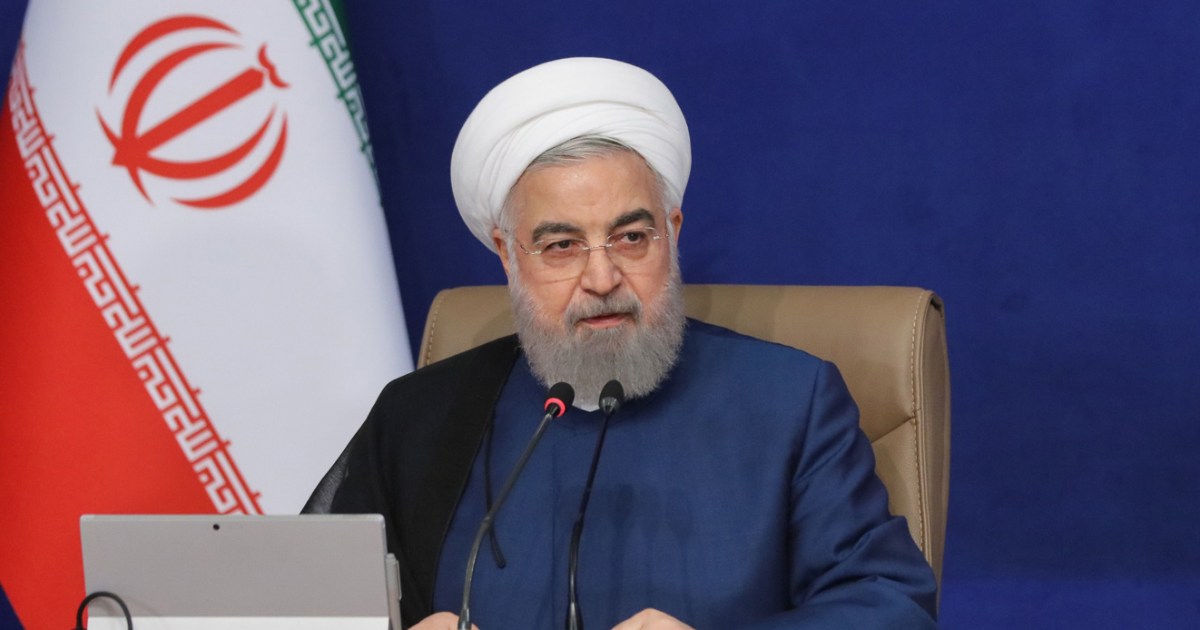Clive Of India – Short Biography Of Robert Clive
Robert Clive was born on 29th September 1725 and died on 22nd November 1774.
He was also known as “Clive of India” – where he established the East India Company’s (EIC) military and commercial power in South India and Bengal. Clive was born in Shropshire to an old and prominent family. When he was 18, he was sent to Madras as a clerk and bookkeeper in the East India Company.
Commercial and political rivalry between the French and the British in southern India sparked an interest in Clive. He volunteered for military service and participated in a couple of battles. In 1748 at Pondicherry he distinguished himself right before the Treaty of Aix-la-Chapelle ended hostilities. He was appointed to captain of commissary to supply the provisions of the troops.
Clive set out and led an expedition to Trichinopoly or Tiruchirappalli in 1751. The British Candidate for “nawab” or ruler, Mohammad Ali had been besieged by Chanda Sahib — the French candidate. Clive had only three field pieces, 200 European and 300 Indian troops. He seized Chanda Sahib’s capital – Arcot forcing Chanda Sahib to divert his 10,000 men from Trichinopoly.
Robert Clive was able to resist the 50-day siege until the reinforcements arrived. He began guerrilla warfare tactics against the French and the French-supported troops and soon the French had to withdraw. A truce was signed in 1754, officially recognizing Mohammed Ali as the new ruler. As a result, by 1765 the British had considerable influence over the emperor in Delhi.
Robert Clive’s returned to England and ran for Parliament but failed. He then sailed back to India in 1755 – this time as the governor of Fort St. David, a lieutenant colonel in the British Royal Army.
Suraja Dowla, a new nawab, captured Calcutta – the principal city of Bengal and the most valuable trading center in Indian in 1756. Clive led a relief expedition from Madras in October and by February the East India Company’s privileges were taken back. In June of 1758, Clive defeated Suraja at the Battle of Plassey and became EIC’s governor and master of Bengal. Clive’s new position allowed him to reinforce the authority of Mir Jafar, a new nawab. They were able to launch successful military campaigns against the French and stop the Dutch expansion.
Robert Clive returned to England in 1760 with his declining health. He was knighted, made a member of the Parliament and was given Irish peerage. He had to return to Calcutta as governor and commander-in-chief because of chaos and fiscal disorders in Bengal. He restored order by a series of administrative reforms. He also reorganized the company’s army.
With order restored, Robert Clive left India in February 1767. The corruption in the East India Company remained, however, and the company appealed to the British government to save it from bankruptcy. In 1772, Clive’s enemies in Parliament had built up a case that said he was responsible for the situation. Clive was forced to defend himself before Parliament. Although exonerated, he committed suicide on 22 November 1774.
Source by Babu Banik

